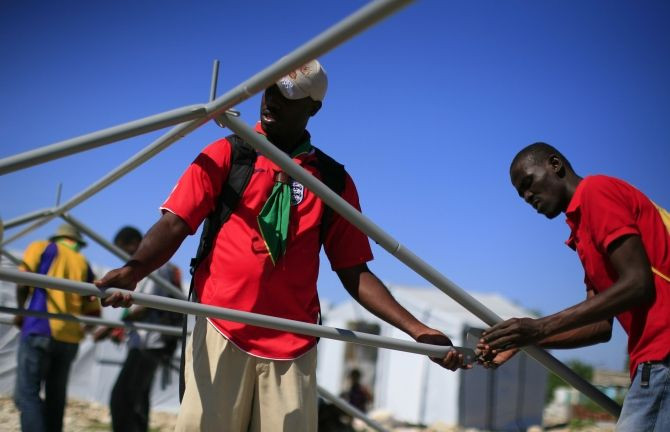Can Giving Be a Powerful Tool In Motivating Others To Give Or Volunteer?

New research demonstrates thinking about giving rather than receiving, motivates people to help others.
Researchers from The Wharton School of the University of Pennsylvania and The Ross School of Business at the University of Michigan focused on self-reflection, in the form of expressive writing, to assess the influence of positive social behavior. Researchers analyzed whether thinking about times when we have given to others might be more effective in promoting helping.
Adam Grant of The Wharton School and Jane Dutton of The Ross School, hypothesized reflecting on giving could assist individuals in seeing themself as a charitable individual, strengthen their identity as caring and helpful individuals, which in turn would lead them to take part in helping others.
Grant and Dutton's first experiment analyzed fundraisers whose job description involved soliciting alumni donations in support of a variety of programs at a university. The fundraisers were split among two groups. One group was instructed to write journal entries concerning recent experiences of feelings of gratefulness for receiving a benefit or gift. The other group was instructed to compose journal entries concerning an experience where they took part in enabling other people to feel grateful.
Researchers observed the calls each fundraiser made per hour for two weeks prior and two weeks after they spent journaling. Also, fundraisers were paid a fixed hourly rate, with no fundraising goals or incentives. Each call that was made reflected the voluntary efforts to help raise funds for the university.
Data demonstrated those who wrote about giving for the first two and three days increased their hourly calls by more than 29 percent in the following two weeks. The following group who chronicled receiving, showed no change in the number of hourly calls that were made.
The second experiment involved college students who were randomly assigned to three groups to either list three ways they had recently given help, list three ways they had recently received help or list three different foods they had eaten in the last week. Following the experiment, when students arrived to receive their payment for participation they were asked if they would donate any portion of their $5 payment to an earthquake relief fund for the 2011 Japan earthquake and tsunami.
Like in the first study, 29 percent of the students donated some amount of money. Those who reflected on giving were considerably more likely to donate.
“Helping, giving, volunteering, and other actions undertaken to benefit others play a critical role in protecting health, promoting education, fighting poverty and hunger, and providing disaster relief,” the researchers write.
According to Grant and Dutton, the research reveals that self-reflection concerning giving can be a "powerful tool" in motivating others to help and volunteer.
The study was published in Psychological Science.
Published by Medicaldaily.com



























